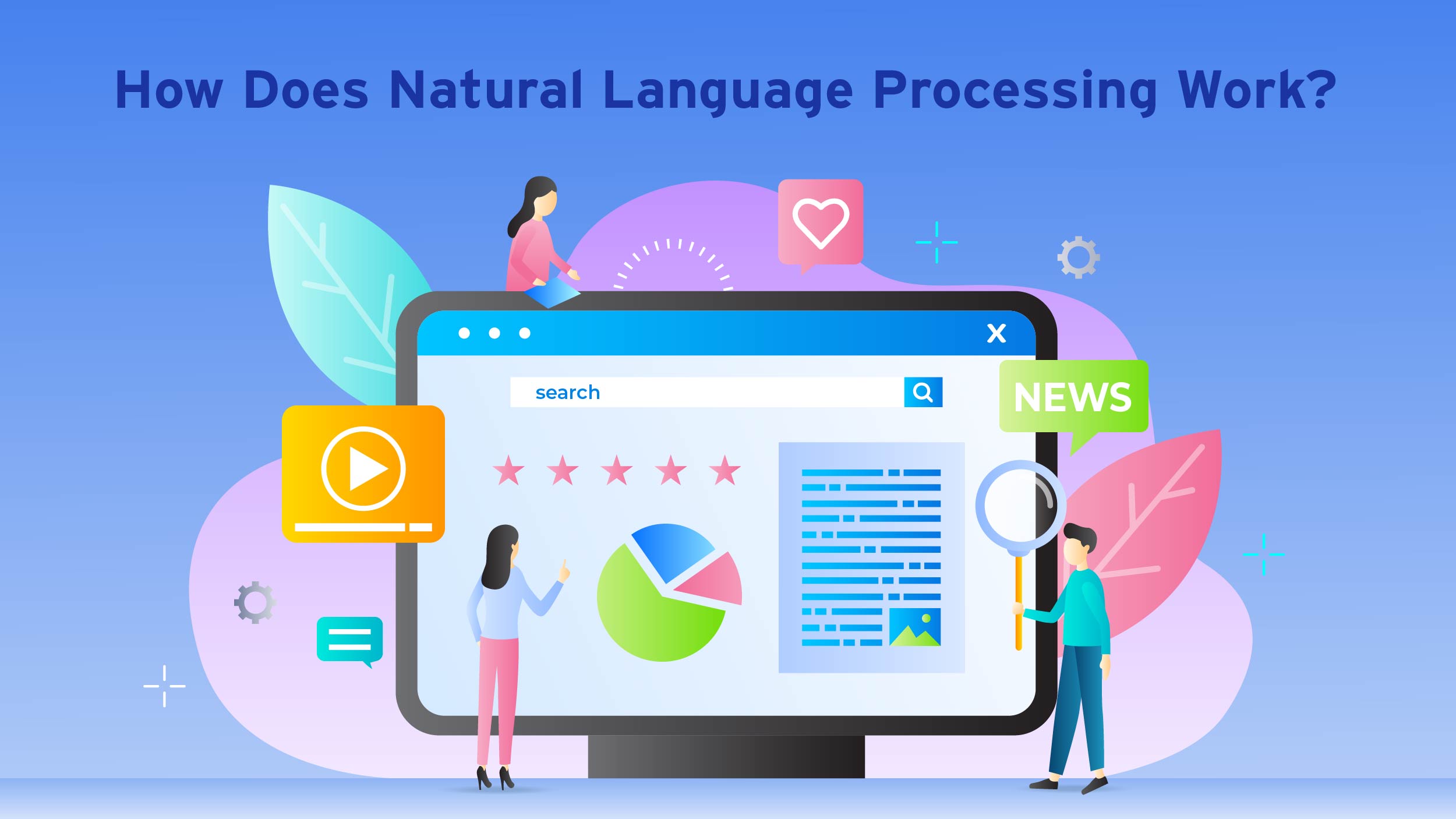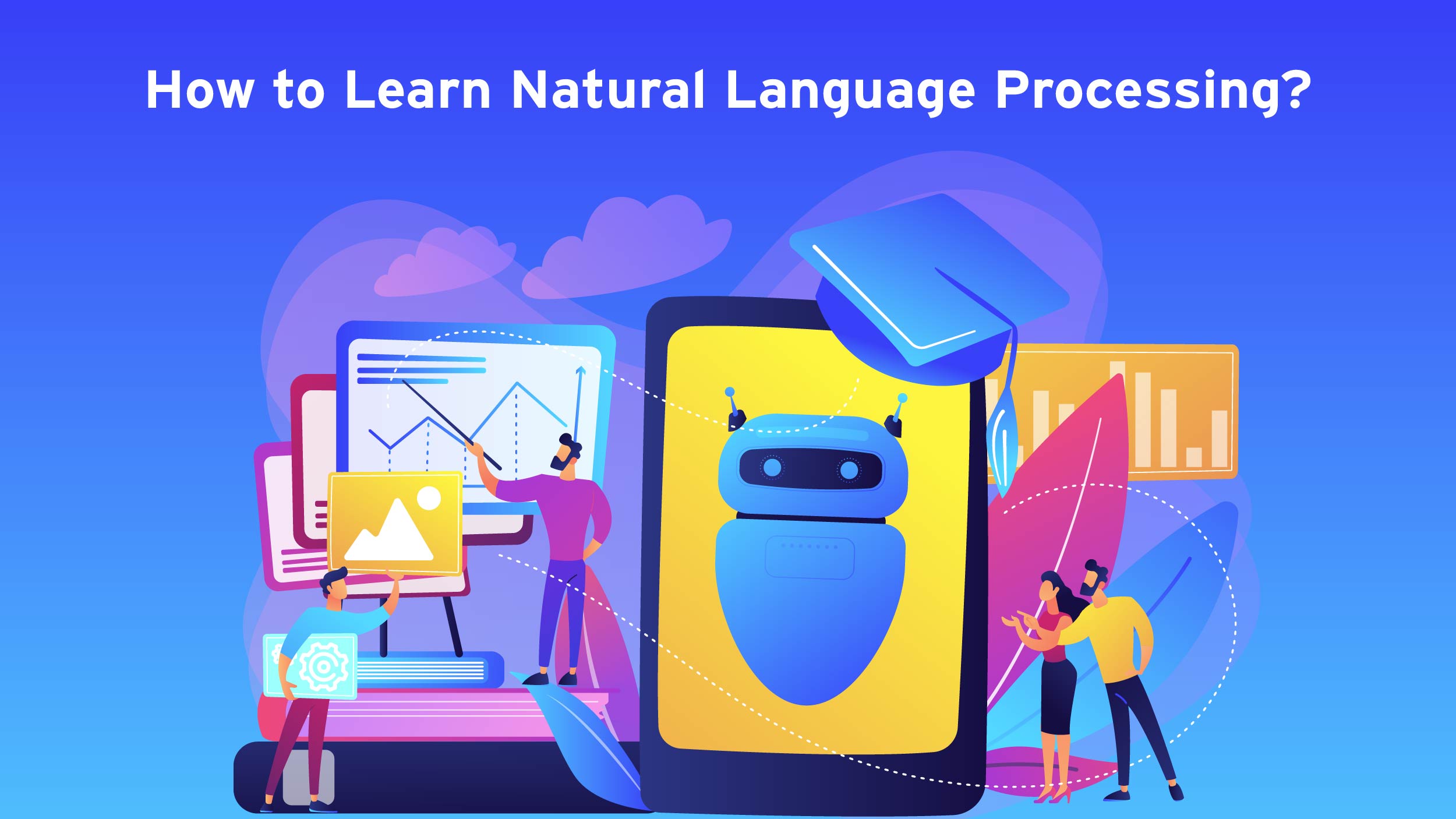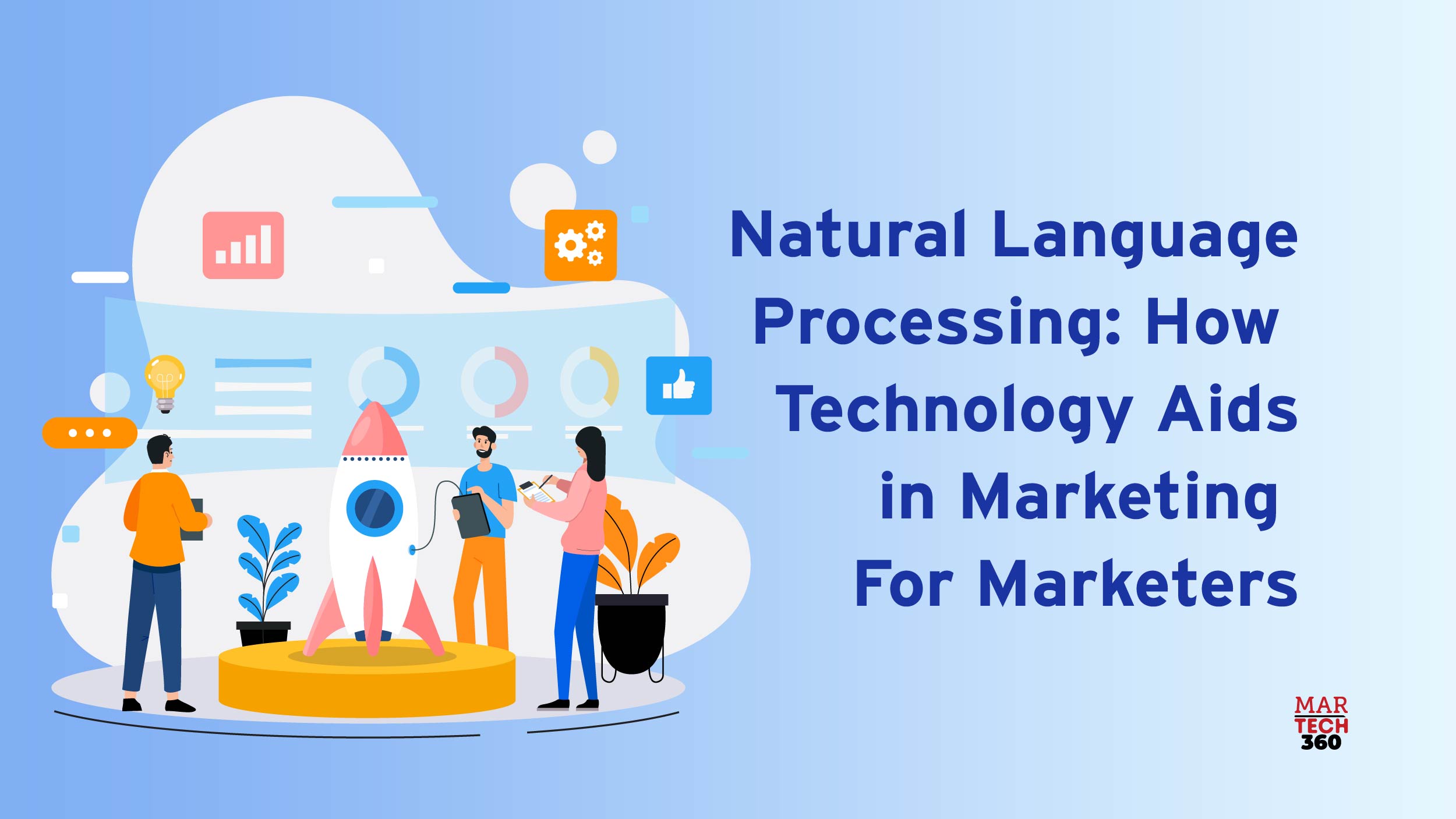Natural Language Processing (NLP) is like the rockstar of artificial intelligence these days. Think text generators that whip up full-on essays, chatbots that sometimes make you wonder if they’re human, and programs that create pictures based on descriptions. We’ve hit a point where computers can grasp human languages, programming codes, and even stuff like DNA sequences – it’s almost like a whole new language. And with the newest AI models, we’re diving deep into this realm, decoding text and spitting out some meaningful and expressive results.
The blog will uncover everything you need to know about natural language processing. Let’s dig in!
What is Natural Language Processing?
Natural Language Processing (NLP) is a dynamic field of artificial intelligence that transforms text and audio speech into organized data within a specified framework. Drawing from disciplines like data science and computational linguistics, NLP empowers computers to comprehend and interact with human language.
Despite its recent widespread adoption, NLP has been under study for over half a century. In 1954, IBM showcased its initial demonstration, using the IBM 701 mainframe to translate Russian sentences into English. Today’s NLP models have evolved significantly due to faster computing capabilities and extensive training data.
How Does Natural Language Processing Work?
 Anyone who’s ventured into learning a foreign language understands the complexity, diversity, and occasional absurdity of language. Take English, for example, with its intricate web of syntax and semantics, numerous irregularities, and puzzling contradictions, making it a notoriously challenging language to master.
Anyone who’s ventured into learning a foreign language understands the complexity, diversity, and occasional absurdity of language. Take English, for example, with its intricate web of syntax and semantics, numerous irregularities, and puzzling contradictions, making it a notoriously challenging language to master.
Natural language processing models convert voice and text into machine-readable data. Data prep for NLP includes:
- Annotating speech and intent.
- Breaking data into semantic units.
- Tagging parts of speech.
- Standardizing words to root forms.
Deep learning uses labeled data for predictions or speech generation. Real-world NLP needs extensive datasets, often from sources like social media and customer records. The image below illustrates how raw data transforms into a quality training dataset through a labeling process.
Natural Language Processing Applications
NLP innovations have a wide range of potential applications in digital marketing. These applications are generally aimed at improving each customer’s individual experience and promoting a positive customer-business relationship.
● Lead-Generation
Most businesses have some kind of chatbot on their website. Chatbots can help with lead generation and sales in addition to customer service. According to an Intercom survey, the most common use of chatbots is sales.
Natural language processing is used by chatbots to provide prospects with the appropriate automated response. However, they can also gather useful information and insights for lead generation and sales. The tone and sentiment of prospects’ messages can be analyzed using NLP. It can determine the emotion of the text input and filter out high-quality leads for the sales team.
● SEO
NLP is used by Google crawlers to determine the relevance of text to the user intent behind a search query. To rank high in search results, your content must match the intent of the search query.
While it has long been a best practice to create content for users rather than search engines, this became even more important after the BERT update. Google is better at judging content quality and displaying the most relevant, high-quality content at the top of search results. The BERT update also reflected the growing importance of ‘voice search.’ Over 8.4 billion voice assistants are expected to be used globally by 2024.
When using voice search, people use longer sentences and ask more questions than when using text-based search. To make the most of NLP for SEO, marketers should concentrate on long-tail keywords and create more high-quality content.
Also Read: Podcasting 101: How to Start Your Own Podcast and Succeed
● Post Third Party Cookie Advertising
With the demise of third-party cookies, natural language processing for marketing plays an important role in the rise of contextual advertising. Advertisers can use NLP to scale campaigns and target consumers based on their interests.
While browser history and behavioral tracking will continue to play a role in advertising, the use of NLP for contextual advertising allows advertisers to target users based on what they are currently looking at and interested in. Advertisers can promote products on web pages where the content’s topic matches the ad at scale.
NLP can also assist in the creation of messaging and ad copy that is tailored to specific audience segments. AI-powered text generation advancements enable brands to create unique ad copy for smaller audience segments. IBM’s Watson Natural Language Understanding tool can assist your company in evaluating the effectiveness of its branding strategy.
● Content Management
Sentiment analysis is one of the most exciting applications of NLP marketing. Social media generates a massive amount of data, but without the use of NLP sentiment analysis, it is impossible to manage and sort that data in order to gain actionable insights.
NLP can analyze social media data to determine where your brand, content, products, and competitors are mentioned, as well as the overall “feeling” about the subject. This can reveal insights that can be used to inform your marketing strategy as well as negative mentions that should be addressed.
NLP sentiment analysis enables your content marketing strategy. You can, for example, go beyond engagement metrics and track your audience’s emotional response as well as the language they use to describe your content. Jasper AI, formerly known as Jarvis AI, is a tool that can turbocharge your content team’s ability to churn out spot-on content in record time!
● Analyzing Data
Massive amounts of useful data are generated by digital marketing. You can more effectively analyze the data generated by your marketing campaigns across multiple platforms by combining natural language processing and machine learning.
Suppose you want to assess the effectiveness of incorporating affiliate marketing software into your digital marketing strategy. You’re gathering information based on five affiliates’ social media posts. The comments on your affiliates’ posts can tell you how their audience feels about your products. NLP technology can detect their syntax, word choice, and tone. You can then make necessary changes to your affiliate marketing program.
This can be a huge time and money saver for businesses. NLP and machine learning can quickly reveal flaws in a strategy that would take weeks or months to reveal manually.
How to Learn Natural Language Processing?
 To master natural language processing for marketing, start by familiarizing yourself with the basics of NLP concepts and techniques. Understand how it transforms raw text data into structured information that machines can process.
To master natural language processing for marketing, start by familiarizing yourself with the basics of NLP concepts and techniques. Understand how it transforms raw text data into structured information that machines can process.
Dive into resources like online courses, tutorials, and books that specifically focus on NLP for marketing applications. Learn about sentiment analysis, entity recognition, and topic modeling, as these are particularly valuable for extracting insights from customer feedback, reviews, and social media conversations.
Practice with NLP tools and platforms like spaCy, NLTK, or GPT-based models for hands-on experience. Additionally, stay updated on the latest advancements in NLP technology and explore case studies showcasing successful NLP implementations in marketing campaigns. By combining theoretical knowledge with practical application, you’ll be well-equipped to leverage NLP for marketing strategies and decision-making.
Summing it Up
Embracing natural language processing techniques in marketing is no longer just an option, but a crucial step towards staying competitive in today’s digital landscape. The ability to decipher and harness the power of human language opens up a realm of possibilities for understanding customer sentiments, extracting valuable insights, and tailoring campaigns for maximum impact. By incorporating NLP tools and strategies, businesses can not only streamline operations but also establish meaningful connections with their target audience.



Comments are closed.